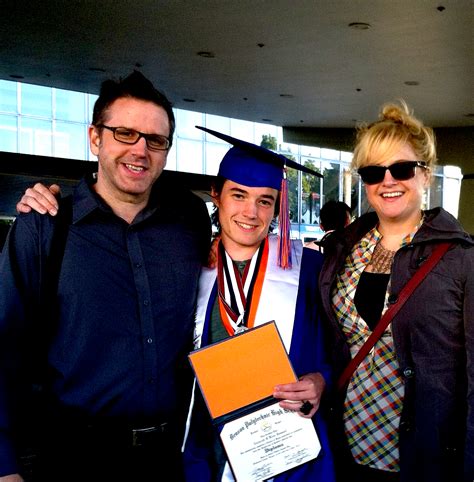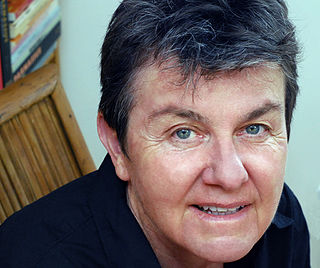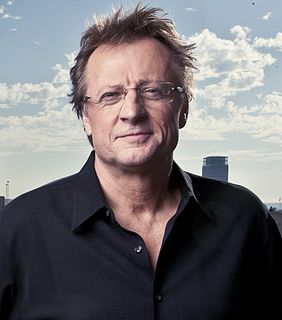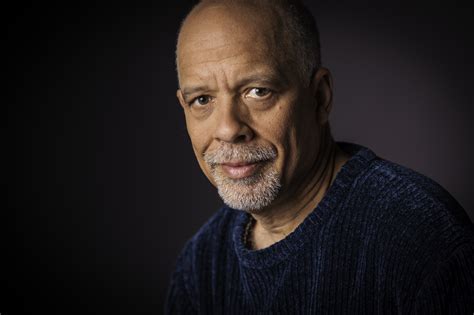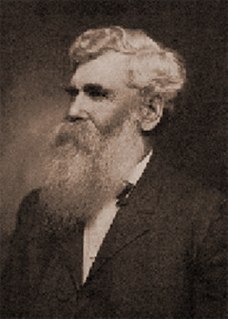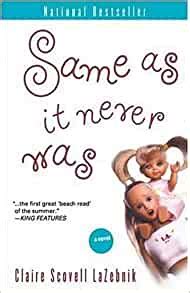A Quote by Kevin Sampsell
I think a lot of awesome stuff is coming out with smaller presses. Small presses don't have to have huge board meetings to talk about how to market their books or what to publish - they can take more chances. They can help new authors grow in a healthier, often more artistic way.
Related Quotes
I feel like a lot has changed - ebooks are a much more valid format and bigger presses are taking less chances. As a bookseller, there are less real bookstores and more people buying on-line. As a writer, I think there are fewer paths to break through on a big press, but on the other hand there are more small presses doing awesome work now. Overall, artistically, I think it's a pretty exciting time in the literary world.
Most novels put out by small or corporate presses don't really sell that well - usually a thousand copies or so. Working with a small press, you have to be willing to book reading tours, plan events, make contacts with other small press authors, and find new ways of getting word about your new work out there.
Once upon a time, an editor could try out one or two wacky books, knowing full well that their list would counterbalance any risk with a stable of best-sellers and safe bets. Nowadays, every book must earn its own bread. With low overheads and an often episodic operating status, the small independent press is nicely placed to snap up the most innovative literature going at the moment. To take the risks. Meaning that small presses are no longer just outfits set up to publish your or your friends' work. They have something genuinely important to offer.
The coming of the printing press must have seemed as if it would turn the world upside down in the way it spread and, above all, democratized knowledge. Provide you could pay and read, what was on the shelves in the new bookshops was yours for the taking. The speed with which printing presses and their operators fanned out across Europe is extraordinary. From the single Mainz press of 1457, it took only twenty-three years to establish presses in 110 towns: 50 in Italy, 30 in Germany, 9 in France, 8 in Spain, 8 in Holland, 4 in England, and so on.
I think people who are not rich can be extremely happy. And I think the chances to be happy in this new world - with many more opportunities to be creative, to be online, to educate yourself - there'll be a lot more chances to be happy. It's not to say everyone will take them, but there will be a lot of new paths to opportunity.
You know how some people are upwardly mobile? I'm sort of downwardly mobile in the publishing world, because of my sales figures and also because of the kind of books I write. Everything really counts on sales. I started out with a bigger press, my first few books. But I've always done some things with independent and small presses and small magazines and I always will.
